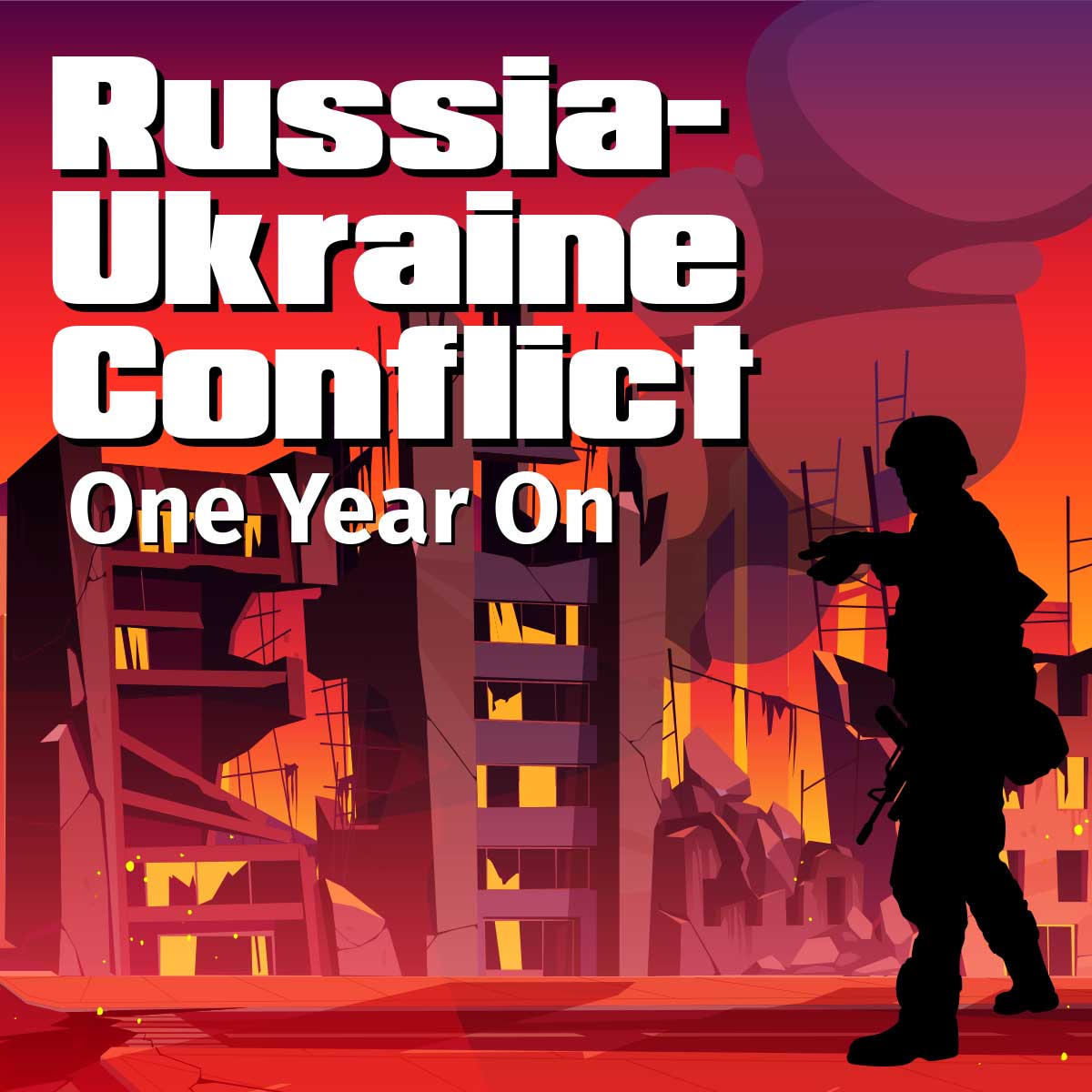



Note to readers: This is the third in a series of interviews with strategic experts on the implications of Russia's war on Ukraine that's ongoing for a year. You can read the rest here, here, and here.
As the Ukraine war enters its second year and Russia withdraws from the new START treaty, there are renewed concerns about whether the conflict could turn into a nuclear war. American President Joe Biden’s recent visit to Kyiv to show the United States’ commitment to Ukraine indicates stepped-up support from NATO and a long war. Ambassador Melvyn Levitsky, a retired US diplomat, is an established name in Russian and East European Affairs. He is currently Professor of International Policy and Practice at the Gerald R. Ford School of Public Policy in the University of Michigan. Levitsky spoke to Pranay Sharma about the war and Russia’s future relations with the United States and Europe. Excerpts from the interview:

It shows the US’s and NATO’s support for Ukraine. It is also a warning to Russia and Putin not to escalate.
Putin’s withdrawal from the new START treaty has led to speculation about the ongoing war turning nuclear. Do you see it that way?Putin knows that a nuclear exchange would destroy Russia as well as a number of countries in the surrounding territory. His own military might stop him if he were crazy enough to order a nuclear first strike. Still, any threat of that kind should be taken seriously and prepared for.
The Ukraine war is now in its second year. Is a negotiated settlement possible to end it early?I think not. Russia expected a quick victory. Its invasion was met with a strong defence by Ukrainian forces. Russia should have learned from its own history, in WW 2, that defence of a homeland often overcomes a superior armed force.
The US has insisted on a settlement only with Ukraine’s consent. But couldn’t Washington have convinced Kyiv to accept a satisfactory agreement with Moscow?It was not in the United States’ national interest to intervene. Any agreement with Moscow would have meant Ukraine's bowing to Russia's illegal invasion.
Is this more a proxy war between the US and Russia than a Russia-Ukraine conflict?I do not think so. The United States has been careful in limiting its support for Ukraine. In addition, the US has attempted from the beginning to get its European partners more heavily involved.
The Western Europeans perceived rightly that the USSR was trying to undermine the democratic order in Europe. The French experience with the Soviet-supported French Communist Party gave them ample evidence of Soviet expansionist plans and policies.
Is the Ukraine war an attempt on Russia’s part to be counted as a global power and the US’ determination to deny it?Russia is already recognised as a global power. The United States has understood that but has opposed Russia's aggression and the expansion of its sphere of interest.
How is the war likely to pan out in the coming weeks?Hard to say. So far, Russia’s plans for a quick victory have been thwarted. Remember the Soviet invasion of Afghanistan. When the body bags began coming back home in droves, the Kremlin experienced substantial public opposition.
Is there an endgame in sight?Not yet. I don't think either side will be able to declare victory, though a settlement could be constructed that allows each to declare that its interests were advanced.
What will Russia’s relations with the West be in the future for a stable security structure in Europe?Shaky. The West will be even warier with Russian policies. Western Europe will certainly try to shore itself against any dependence on Russia for sources of energy.
Discover the latest Business News, Sensex, and Nifty updates. Obtain Personal Finance insights, tax queries, and expert opinions on Moneycontrol or download the Moneycontrol App to stay updated!
Find the best of Al News in one place, specially curated for you every weekend.
Stay on top of the latest tech trends and biggest startup news.